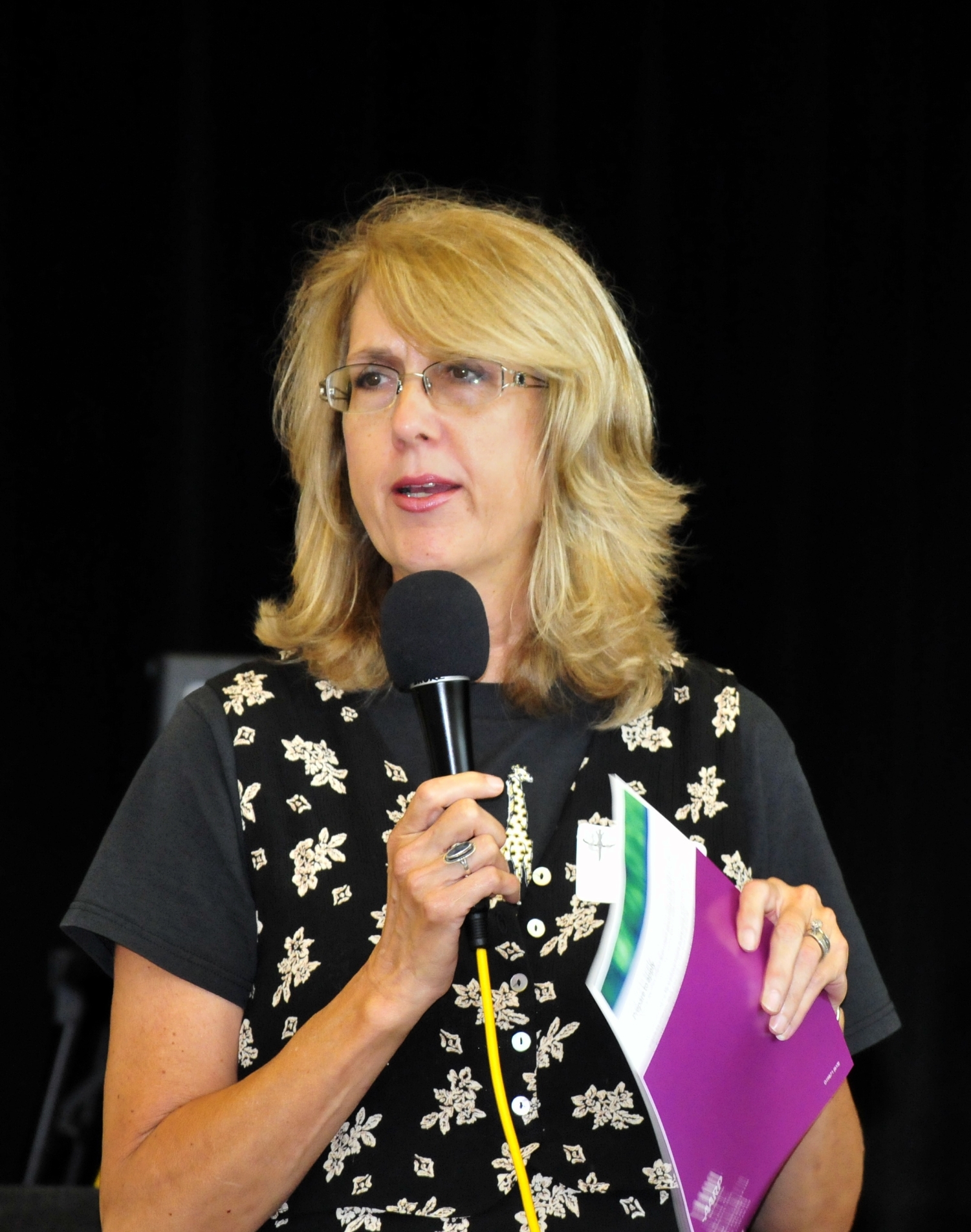AARP Hearing Center

Question: Tell us a little about yourself
Teresa: I was the Associate State Director for Advocacy for AARP South Carolina since 2004 –the chief advocate or lobbyist for AARP members. Before AARP, I was the Director of Governmental Affairs at the SC Department of Social Services. I was responsible for representing the agency before the legislature, managing the budget process and acting as a key member of the state office leadership team. I also worked as a Senior Analyst for the South Carolina House Ways and Means Committee. All in all, I’ve worked at the South Carolina Statehouse in some capacity for seventeen years – thus my prematurely grey hair!
I thrive on organizing campaigns to improve conditions for low-income groups, developing partnerships and coalitions to foster positive change, successfully advocating for disenfranchised individuals and groups, and developing comprehensive presentations involving persuasive public speaking and writing.
Through a partnership with the strong AARP South Carolina team, I initiated a grassroots campaign to increase home and community-based services for older persons. Our efforts, along with that our strong advocacy partners such as the SC chapter of the Alzheimer’s Association, the SC adult day services providers, the Lt. Governor’s Office on Aging and other aging services providers, helped win the first significant funding increase in more than a decade for the Office on Aging - providing thousands of seniors with services and supports to help them age in place in their own homes.
I am so proud of our work with other partners to successfully pass the Hospital Acquired Infection Disclosure Act, which allows health care consumers to have accurate information about infection rates at each hospital in South Carolina, resulting in the largest decrease in infections in the nation for states reporting at the time. I am a founding board member of Children Come First and the SC Health Coordinating Council plus serves as an officer on the American Foundation for Suicide Prevention’s South Carolina chapter.
I have a Masters in Social Work, and have been married to Randy Childress for 28 years. We have three children, two grandchildren, one dog and two cats. We have been foster parents and are adoptive parents. One of my most rewarding experiences is the personal growth I gain from mentoring young adults who have aged out of the foster care system.
Question: South Carolina’s 50+ population will double by the year 2030. What challenges and opportunities do you see for baby boomers and those who provide the services for an aging demographic?
Teresa: The challenge is the same as the opportunity: staying healthy and mentally sharp. The solutions are the same as well, eating smart, moving more and staying engaged. AARP research with our own Experience Corps volunteer tutoring programs shows that tutors experience better health and higher brain acuity after volunteering with young children to help them learn to read.
Question: How do you see AARP South Carolina playing a role in the well-being and growth of South Carolina?
Teresa: Number one – we want to make sure that South Carolinian's stay independent and in their own homes.
Number two: we want to make sure that all our members have access to affordable, high quality health care
Number three: we want to work to make sure that state laws protect consumers as reflected in our fight against predatory lending, improving infection reporting for patient safety, and fighting for protections from identity theft.
Number four: We want to have fun and make sure our years after 50 are meaningful and satisfying! Check out Life Remained to see our newest offering in the “meaningful” department!
Question: How has AARP South Carolina made an impact on the lives of state residents 50+?
Teresa: Over the past years AARP South Carolina has several legislative achievements. These range from a 50 cent increase in what was then the nation's lowest cigarette tax to fund the Medicaid program. We have worked hard to improve the patient safety in South Carolina hospitals and passed one of the first laws in the country to require that hospitals report hospital-acquired infections to the SC Department of Health and Environmental Control. In addition, passage of the Lewis Blackmon Patient Safety Act requires that hospital employees to wear name identification badges that clearly states who and what their job function is.
AARP continues to work hard for consumers as South Carolina was one of the first states to offer a free credit freeze and thaw on a personal credit file. With last year's security breach at a state government agency, this protection is now vital. We've worked with a group of organizations to curtail the practice of payday lending in South Carolina by instituting a real time data base for loans and to limit loans to one-at-a-time. Recently, we have raised our voices against several utility rates hikes. Consumers are shouldering too much of the burden when it comes to rate hikes.
Home and community based services continues to receive funding from the General Assembly that allows individuals to remain in their homes and not housed in nursing homes. There is still a need but we are making incredible progress in raising the awareness and importance of home and community based services.































































